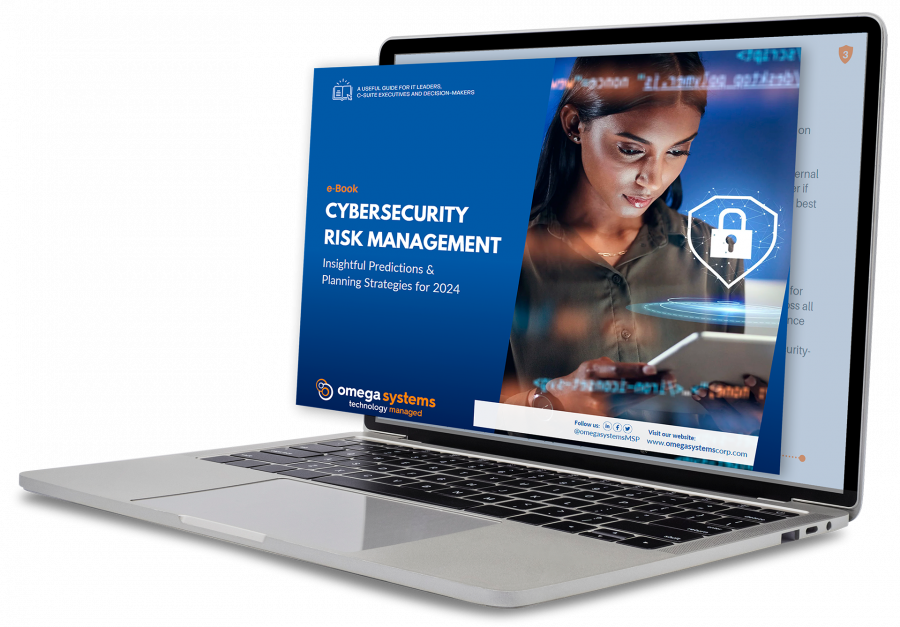
We’ve hit December and the holiday season is in full swing. Although we’ve gotten past Black Friday and Cyber Monday, there are still so many different online scams to be aware of. They were serious last year and they’ve developed even more since then.
Malvertising (Malicious Advertising) has been attacking Internet users for over ten years now. It’s a Remote Access Trojan (RAT) which is a form of malware that you’ll learn more about later.
Malware and Advertising
Most people associate cyberattacks with phishing emails because they occur so frequently. Rather than an email attachment, when it comes to malicious ads there can be different indicators to be aware of. Malicious ads are a form of a trojan horse.
A Trojan horse is malicious code or software that looks legitimate but can take control of your computer. A Trojan is designed to damage, disrupt, steal, or inflict some other harmful action on your data or network. Although these two kinds of malware enter a device differently they make a similar impact. You don’t realize at first that you’re actually infected.
Malicious ads look like the real deal because they live on a website the way regular ads would. Unlike a typical phishing email, or vishing call, malicious advertising involves code the way a trojan horse does. This code or malvertising campaign lives on a website the way a typical ad would. That’s why it’s so important to be conscious of what you click on.
We Know What a Trojan is now. What is a RAT?
According to Security Boulevard a Remote Access Trojan (RAT) is a type of malware that allows covert surveillance, a backdoor for administrative control and unfettered and unauthorized remote access to a victim’s machine. The RAT is very dangerous because it enables intruders to get remote control of the compromised computer.
Hackers that gain remote access to your device can now steal your credentials, emails, and even screenshots. Sounds serious right? This kind of malware is not something you want to mess around with. Not only because it’s so undetectable, but also because it’s so invasive.
What Could Happen?
In many cases malvertising attacks happens when you click on one of these ads. Then, you are redirected to a landing page that can do anything from steal your personal information or infect your computer with a virus.
Always ask yourself. Does this online store seem legitimate? Would you have any concerns or potential setups if you need customer service. If the requirements for the ad offer seem too good to be true they most likely are and should be avoided at all costs.
Whether you’re purchasing something for your personal life or for your job. Be wary at all times if you choose to “take advantage” of an online advertisement. Legitimate ones can be hard to come by at times and it’s always better to be smart than have your credit card information stolen because you wanted to save some money. Trust your gut.
Hackers go for the big name brands as well. According to the Adobe Digital Index, during the holidays “attackers will capitalize by using the brand names of leading re-tailers to exploit users looking for deals and coupons by creating fake mobile apps and landing pages to fool consumers into downloading malware, using compromised sites, or giving up their login credentials and credit card information.”
Ad Blockers and Other Solutions
So, now that you know more about malvertising and malicious software you may have a few questions. Maybe you’d like to know about malware protections or antivirus software. One of the greatest ways to avoid falling victim to this malvertising is a good ad blocker.
You can’t click on a malicious ad if there’s no ad on the site. Does the idea of installing this kind of thing for your entire business stress you out?
As a provider of Managed Services and Security, we can ensure that all of your devices are protected and monitored at all times. If an employee making a large holiday purchase accidentally clicks on a malicious ad in an effort to save the company money, we will be there to handle the issue and create a plan to remove the malware. You won’t have to worry about hackers demanding a ransom.
If you’d like to learn more about how we can secure your business through a layered combination of our solutions, contact The TNS Group today.
Categories: Managed Service Provider, MSP Blogs




